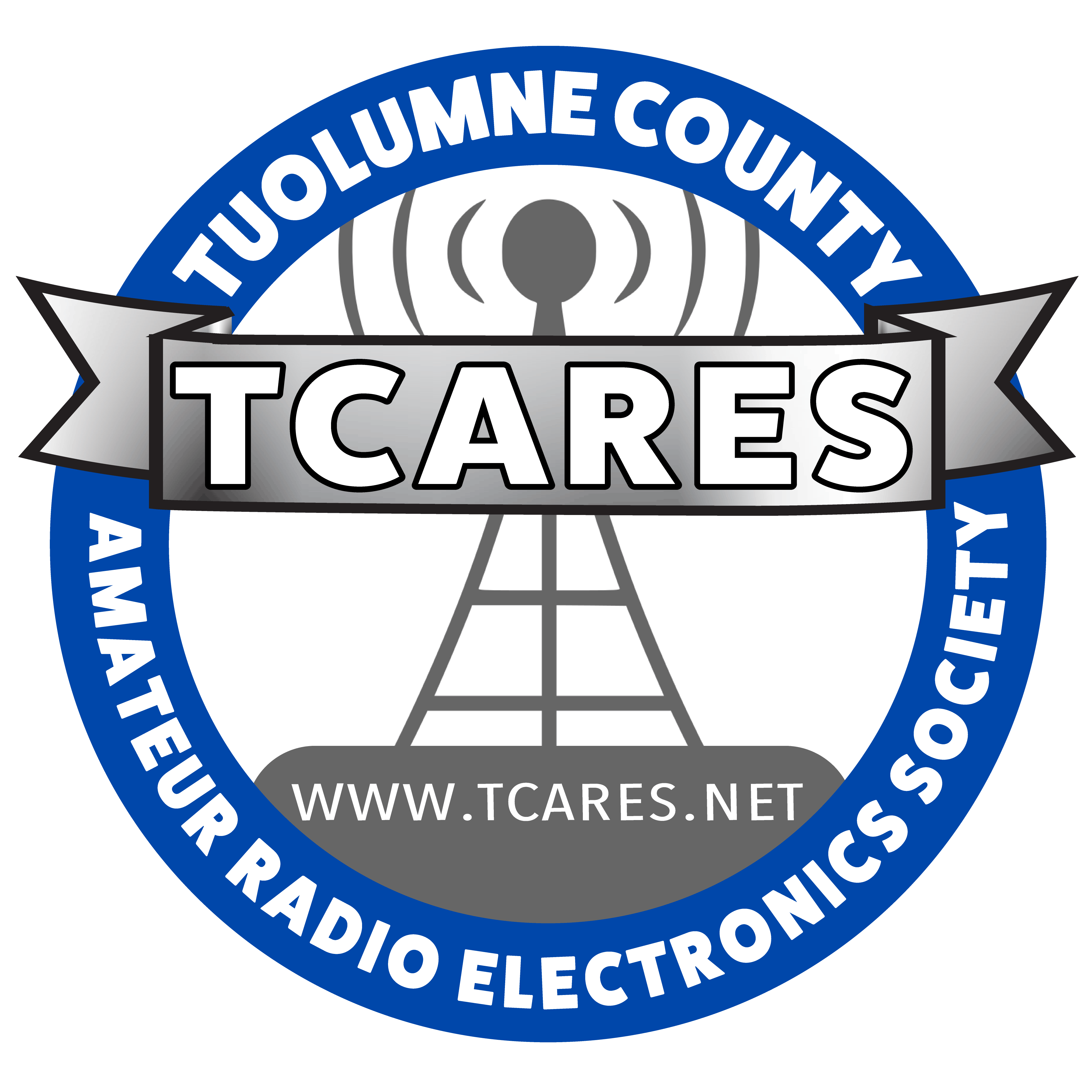No-Nonsense Technician-Class License Study Guide
Click to download FREE PDF GUIDE.
- Read the whole guide.
- Read it again and highlight the answers,
- Then read all the answers out loud or underline the answers.
By now you are ready for a practice test. Download a free practice test from the App Store and take a few tests on your phone. Once you pass the practice test with 80% or more, several times in a row, you are ready for the real FCC exam.
Do you have a preference for in person training? Try this radio class!
What is amateur (ham) radio?
Amateur radio, also known as ham radio, is a hobby enjoyed by hundreds of thousands of Americans and millions around the world. They enjoy communicating with one another via two-way radios and experimenting with antennas and electronic circuits.
All kinds of people are amateur radio operators, also known as “hams.” Hams are young, old,men, women, boys, and girls. Kids as young as seven years old have gotten amateur radio licenses, and many hams are active into their 80s and beyond. You never know who you’ll run into on the amateur radio bands: young and old, teachers and students, engineers and scientists, doctors and nurses, mechanics and technicians, kings and entertainers.
For example, did you know that most of the astronauts sent up to the International Space Station (ISS) in the last five to ten years have been licensed radio amateurs? They use the amateur radio station on board the ISS to communicate with school groups all over the world as they are flying over.
How do you get into amateur radio?
With just a little study, you can learn all you need to know to get a Technician Class license,
which is the license class designed for beginners. To get a Technician Class license, you must
take a test with 35 multiple-choice questions and answer 26 questions correctly. The test
covers basic regulations, operating practices, and electrical and electronics theory.
Knowing Morse Code is no longer required to get this license, nor any class of license.
Technician Class licensees have all amateur radio privileges above 30 MHz, including the very
popular 2-meter band. Technicians can also operate Morse Code (CW) on portions of the 80m,
40m, 15m, and 10m bands, and voice and digital modes on portions of the 10m band.
There are two other license classes: the General Class license and the Amateur Extra Class
license. To get a General Class license, you must pass another 35-question test; the Amateur
Extra Class test has 50 questions. The tests are progressively more difficult.
General Class licensees get phone and digital mode privileges on portions of the 160m, 80m,
60m, 40m, 20m, 17m, 15m, 12m, and 10m bands. They can also operate CW and digital modes
on the 30m band. Amateur Extra licensees have all amateur privileges.
